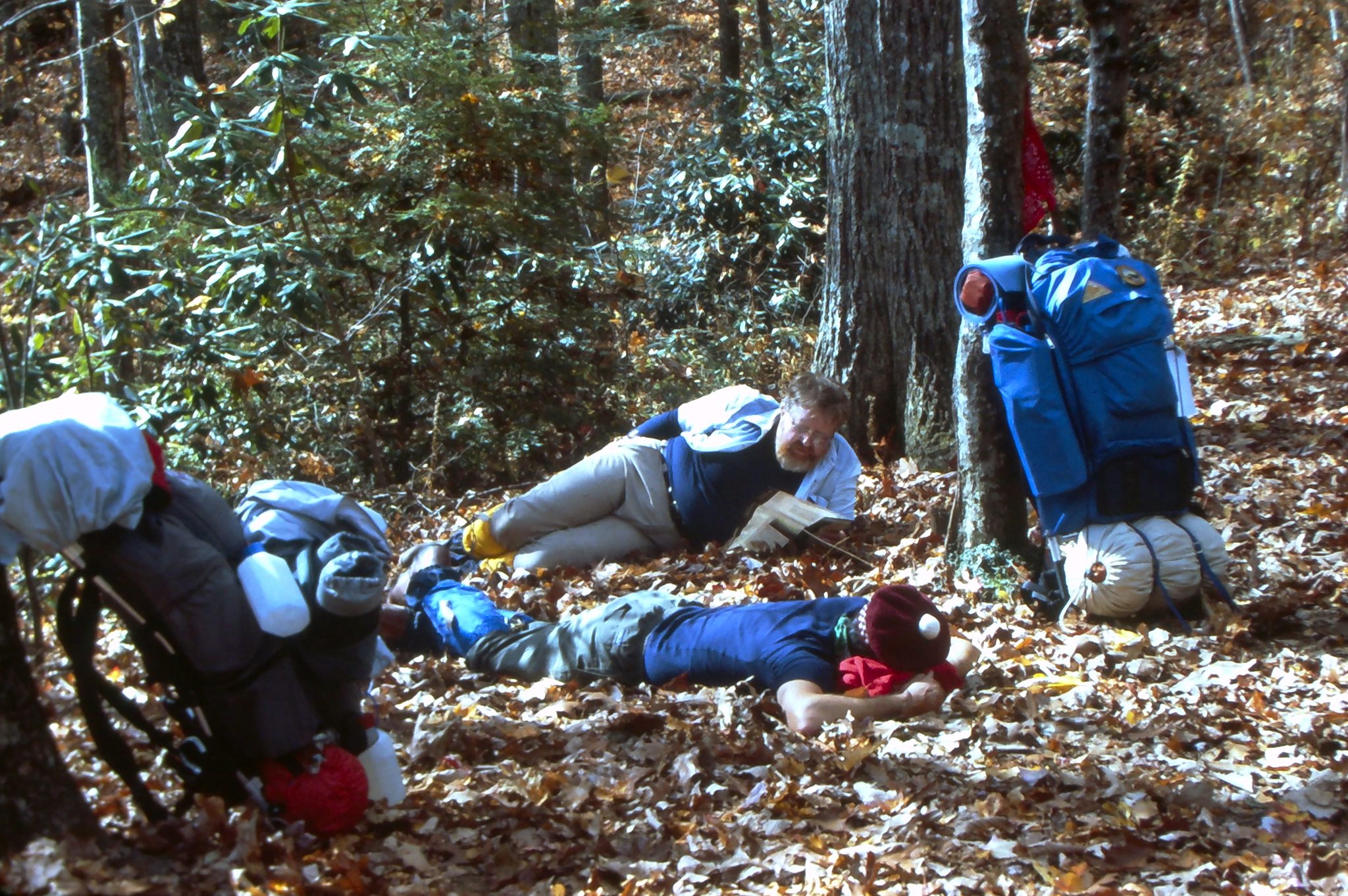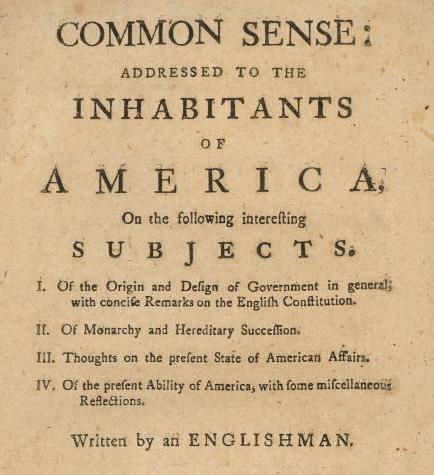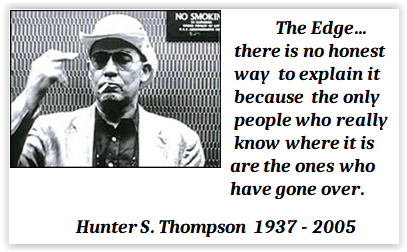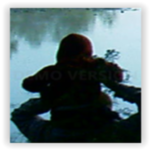Knowing How Things Work is the first Law of being free and remaining free.
“The Answer to Every Diagnosis begins with a Unified Theory”
Everybody knows the answer to 2 + 2 =.
In the language of Modern Culture, that means that everybody knows that Money equals (=) Stuff, which I’ll get to shortly.
But in the far more ancient language of survival for Man going back thousands of years, in every part of the world, from the Fertile Crescent where growing Stuff was relatively easy, and abundant, to harsher climates, where growing Stuff was more difficult, the original 2 + 2 survival equation was Work equals Stuff.
That is one of the oldest maxims of How Things Work in Nature. I call it the “Sky Determines Rule” for environment still dictates more than we know. Since no one, from the beginning ever had any say as to where where they would be born, on fertile ground or rocky ground, or a palace, the child of a lord and lady or the child of a peasant farmer, or maybe even the child of a drunken liaison in a haymow behind a tavern, every person born to this earth faces the sometime unaided task of having to learn How Things Work or they may not survive well, or for long.
Nature instills in all Mankind only one instinct, and that is to survive. Then, with the tools provided the Human species, and unlike other species, He/she must then learn How Certain Things Work in order to survive, whether in a Stone Age tribe that has to learn the hard way to tell the difference between a Blackberry (tasty) and Wild Rosemary (poison) bush, or which end of the screwdriver actually drives the screw and for what purpose.
Just pausing to consider this single instinct provided by Nature you can see how the other tools the human species must develop in order to survive have to be learned, either from observation or teaching. Or both, if they’re lucky.
This Law applies to both individual humans and human groups.
This is only the Introduction, which with the help of my “unwarshed” colleague, can provide some apolitical insights into human development that have proved both constructive and destructive to the human pursuit of Freedom.
All human History arises from the single ancient equation. It would be thousands of years before Money would even enter the survival equation for once a farmer could turn his crops into money it would open up all sorts of new lines of “work” for people who would like to relieve him of that Money without actually having to “work” for it.
But like Money equals (=) Stuff, Work equals Stuff also connects only two dots.
One of the reasons we are starting this series of discussions is that fewer and fewer younger people know about that third dot, in this case, Work equals Money equals Stuff. A dangerously large portion of our population today, at both ends of the economic spectrum, can go through life taking the Money part, which pays for all that Stuff, for granted.
We now have millions of young people who can live off trusts left by their parents, and possibly into the next generation if wisely managed by a trust manager, which 60 years ago would only be measured in the few thousands. Proportionately, these are far larger than the children of medieval lords, who also by a type of natural law, would manage to deplete their inheritances over three-four generations. We’ll take this up in later chapters when we discuss the natural laws of wealth depletion and replacement in a free-market economy versus the modern attempts to circumvent those laws by perpetuating systems that are not truly free market, and why that matters.
For now, just consider the millions of relatively young people, born after 1965, who really have never had to learn anything about How Things Work to earn money, only spend it.
Also, at the other end we’ve always had about 10% of the population who’d always turned to getting their money in yet other ways, via strong-armed or sleight-of-handed methods. Since many of these arose from the wave of immigrants who first entered America in the early 1900s, American citizens of those days tried to reform them and assimilate them into the American society, and did remarkably well, until about two generations ago, when they more more or less forced to turn that task over to the federal government, who has done nothing to improve their “Survival situations” either for themselves of the larger community, but does now send several types of checks each month that covers their basic money need, from food and rent, to childcare, even having their nails done and lottery tickets.
Both these armies have become substantial in the 21st Century, each being viewed as either a different type of social liability or political opportunity. These days they are many times seen together trying to either burn a city down or loot it apparently with nothing better do. A type of recreation.
But you might say, since 10% of our population has always been this way, Big whoop?
So consider this: what happens when the other 90% who must still work for a living and were taught to connect that third dot (work) can no longer seem to connect third and fourth dots themselves, especially the all-important, survival-necessary Why-dot? What happens when things are broke, they don’t know they are broke, so don’t even ask themselves Why? or How to go about fixing it…and society-at-large, for various reasons, has not yet found a way get their attention to understand that if they don’t fix it, either a strongman or Nature will, each according to their pre-programmed dictates.
Nature has installed in Man several dots necessary for his survival, whether individually or collectively; How and Why probably the most ancient.
My favorite teaching tool, Backpackers, call this their “kit” for he/she always take along a pack of “stuff” they know will be needed on the trek, as well as “stuff” that hopefully might never be needed. Why? Because the backpacker knows its will get dark, maybe even cold, so he’ll need matches to build a a fire, maybe a flashlight, and certainly a pack-saw to cut firewood. There is also the obvious necessities, such as food, and a canteen for water, maybe even tablets if he believes he may have to refill it along the way. And the not so-obvious such as items they carry as emergency back-ups, such as a first-aid kit or rain or freezing-cold gear.
And a valise full of knowledge the trekker can only know from having learned from more experienced trekkers, e.g, if he trips and sprains his ankle 20 miles from a highway, would he know what to do and how to do it? (After cursing and beating the ground with his fist.) A ten mile hike in proper gear usually take 3-5 hours. But with a broken ankle it can take over a day, limping and resting, limping and resting, just to get back to the car. (Yes, walking with a limp, or even a blister, is a much harder way to walk than with a regular stride.)
(If you’re a 21st Century adventurer I’m sure you’ve already thought, “Well, I’ll just use my my cell-phone.”, but since the cell-phone begs one of the more fundamental How and Why questions of modern human survival…see below…I’ll deal with this in context about the survival-endangering aspects false sense of security certain technologies invite in a later chapter.)
Rarely considered in the outdoor experience is that nothing can quite prepare a first-timer for the sounds of Nature at night.
In the earliest days of America, the original settlers in Virginia and Massachusetts were unprepared for the How’s and Why’s they would have to learn just to survive that first winter. Actually having to stay alive is the most basic teaching tool as to How and Why should be part of at least Free Man’s tool box of staying alive by solving problem. But at Jamestown, for instance, while not knowing how to pull up a tree by its roots, or to build a cabin from the logs, they all knew they would have to do it, and in the roughly 60 days at sea (with fair winds) they all brainstormed what they would have to once ashore.
But what they were not prepared for those first weeks, before roofed shelters were built, were the sounds of the forest they’d hear at night. There was not a single soul on board those three ships that brought those 104 settlers to land who had any idea what those sounds would be like, or from what sort of animals.
I spent my first solo night out in a tent in my backyard at age 9. I didn’t think much of the sounds at the time. At 15, as a Boy Scout, as part of an Ordeal initiation, I had to spend a night out in the Tennessee woods with only a bedroll and a canteen. They searched my pockets and took away my matches (and my Chesterfields…which they didn’t return) and was left alone in the black night alone with my thoughts and those sounds. I heard all sorts of things walking over the leaves and pine needles, but no growls. My only real fear was for the rattle of a snake…and still is…but I never heard one that night. And of course, I slept wide awake all night, which was the original intention, so I’d be ready for the next 12 hours of work without being allowed to speak. I carried a stick on which I had to carve a notch if I spoke, and by days end, when I was sworn in and was given a sash with a red arrow on it, I had only carved 3 notches. Pretty good for me.
Twenty-five years later I initiated a friend of mine, a regional newspaper editor in Kentucky, to his first backpacking trip into the Smokey Mountains, where we spent three nights. This was deep in the woods, not along the Appalachian Trail, and his first night is still one of my most memorable events. We pitched our tent, built a fire, had dinner, then bear-proofed all the pack food on a rope between two trees, then sat around and passed a small flask of Jim Beam back and forth, thus enjoying the October evening air. He was a tough cynical editor, and we often disagreed on state politics, but our talk that night was about Nature, which I don’t think he’d ever tried on for size with this level of intimacy. But he would go onto to become one of its biggest fans.
This was Richard’s opening night in Nature, and once we’d crawled into our sleeping bags, and it got all quiet in place, the woods came alive with sounds. He sat straight up several times and whispered “What’s that sound?” “Dunno, could be mice. All kinda of critters with small feet out there.” Another five minutes, another sound, and another “What’s that sound?” By midnight or so it had become a symphony of sound, literally inches away from us, separated by a nylon shell, often with heavy footfalls, which could have been deer, bear or even a cat. Or all of them. But they were all certainly interested in this blue-and-orange “thing” invading their world.
What an opening night for my friend Richard.
Then consider those early pilgrims to America, who, with the addition of owls or other birds, all of which Indians could imitate, were bedeviled unlike anything we ever knew in the Smokies; those early nights asleep under the stars must have been a teaching experience, indeed.
What this series will discuss is how the other 90% of the United States will fare, now that some of the cancers that afflict that 10% have taken root, through the passing of generations, to the broader population, also through pop-acculturation, or even perhaps planted purposefully by various institutions, for we seem to be quickly advancing toward a cultural inability to connect 2 + 2 by simply asking ourselves “How” and “Why” much less connecting that third dot, 2 + 2 + 2 =, and almost no conception of 2 + 2 + 2 + 2, or further, which for an ordinary farmer is still a necessity to survive.
We see this in the home and family, in many professions, in almost all of government. And then, back to an earlier proposition, which will be dealt with in detail at a later time, what will the vast majority of the people of the United States do should they suddenly find out they cannot get their cellphones to work. Or connect to the internet? Or both? We have an entire generation who may not even know how to ask “How” or considered “What next” since all the answers they would look for, if they did know to ask “How” would be found on the internet.
As the 17th Century philosopher Blaise Pascal notes, (I paraphrase) “those who are lost and don’t know they are lost are not seeking to be found”, while sadly noting that these are the one God will be unable to find.
What should the greater society do if its own survival depends on our being found?
So, I ask you, just for laughs, to think what it might be like for those first 100 people at Jamestown, “What’s that sound?”, for I don’t think many of you, especially the two most recent generations, have any idea about that thin the red line that you are carelessly trying to tiptoe across.
Knowing How Things Work is a function of survival for a person, a family unit, a town, an entire culture, all requiring the ability to think beyond two dots. This is not just about Money, or Work, but Recreation, Fun, Entertainment, how that money is spent. It is also about peace of mind, contentment, family, with other people and within ourselves. We should know, although I won’t debate it here that families who do several things cooperatively generally fare better than families which build their lives around their individual pursuits, pursuing membership in groups, or tribes, or cultures, that Nature declares are more survival-endangering….only not knowing it.








 It is said that wisdom is “the quality of having experience, knowledge, and good judgment. “ I am of the opinion that there are far more people in the world that consider themselves "lovers of wisdom" (philosophers) than there are those that actually possess it.
At her founding, the American Nation had already amassed 150 years of " national" wisdom; our first-of-its-kind Nation, built from the bottom up (as opposed to the top-down construction of every previous nation in humankind's history), and the Framers understood that the single-most-important ingredient necessary for her long-term survival was the freedom, liberty, and right to self-determination of the Sovereign Individual of which she would necessarily be comprised.
Join us, or follow along as we take a closer look at these notions.
It is said that wisdom is “the quality of having experience, knowledge, and good judgment. “ I am of the opinion that there are far more people in the world that consider themselves "lovers of wisdom" (philosophers) than there are those that actually possess it.
At her founding, the American Nation had already amassed 150 years of " national" wisdom; our first-of-its-kind Nation, built from the bottom up (as opposed to the top-down construction of every previous nation in humankind's history), and the Framers understood that the single-most-important ingredient necessary for her long-term survival was the freedom, liberty, and right to self-determination of the Sovereign Individual of which she would necessarily be comprised.
Join us, or follow along as we take a closer look at these notions.
 Vassar Bushmills
Vassar Bushmills
Add comment